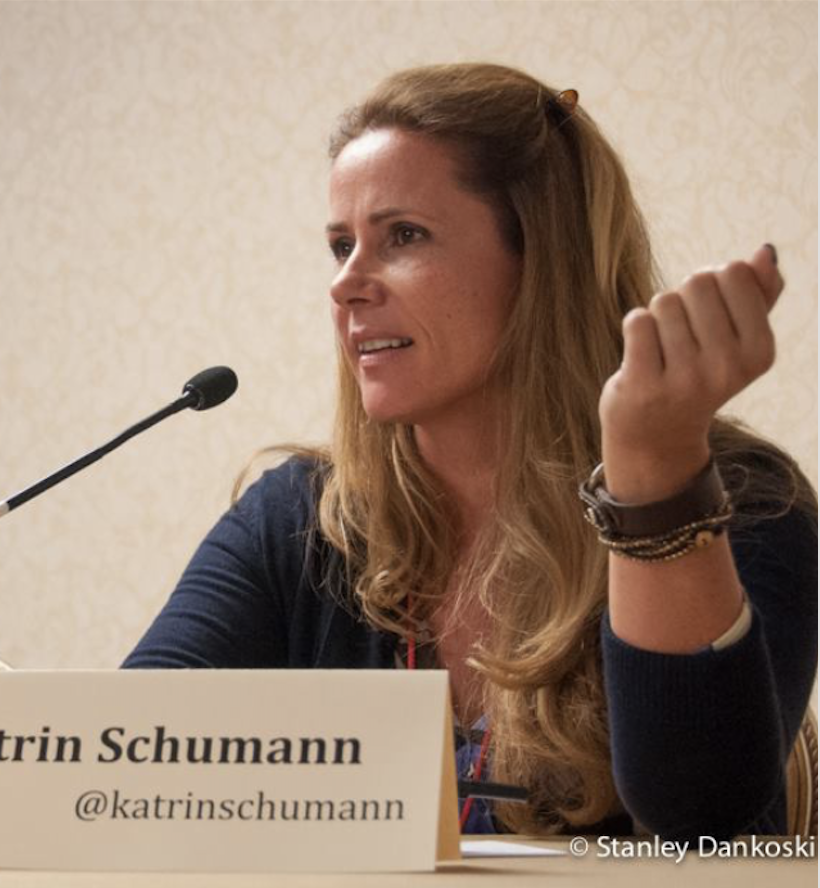Book Clubs
 I would love to talk with your book club in person or via Skype, Zoom or Crowdcast. Please contact me here. Interested in art, books and movies? Check out my brief monthly newsletter here.
I would love to talk with your book club in person or via Skype, Zoom or Crowdcast. Please contact me here. Interested in art, books and movies? Check out my brief monthly newsletter here.
BOOK CLUB QUESTIONS for This Terrible Beauty
11. The two male protagonists—Werner and Peter—both change significantly over the course of the novel. How do they change, and is it for the better or worse?
12. In the 1960s, America was experiencing race riots, assassinations, and the escalation of the Vietnam War. How does this contrast with what was happening in East Germany?
13. Do you think Bettina is right about her decision in the end, regarding Annaliese? Is it true that family is what a child really needs, above and beyond anything else?
14. Imagine the story continuing after the last chapter. What do you think the newspaper article suggests about what might happen to Bettina’s family?
15. If you read Katrin Schumann’s first book, The Forgotten Hours, you might think these novels are very different. But the author sees a strong connecting thread between the two stories. Can you identify it?
BOOK CLUB QUESTIONS for The Forgotten Hours
1. This book is set in two very different places at two pivotal times in Katie’s life. In what ways do you think the two timelines contrast and play off each other in terms of theme? How do the style and tone of the past chapters set at Eagle Lake embody the notion of “forgotten hours”?
2. In every case in which a person is accused of wrongdoing, there are others caught in the middle who have divided loyalties: mothers, fathers, children, siblings, friends, lovers. Have you had this experience, and if so, in what way? How is this story different because it’s told from the point of view of a ‘peripheral victim,’ rather than from the accuser/ accused’s perspective?
3. After her family falls apart, Katie tries to reinvent herself, first in college and then in New York City. Do you think she succeeds? In what ways is her struggle to break free from the influence of her parents a normal process of maturation, and in what ways is it a product of her trauma?
4. The girls are mischievous teenagers, reveling in summertime freedom. How much do you think Katie is right in believing her behavior that night contributed to the choices Lulu made? Why does she blame herself?
5. Do you find Lulu to be a sympathetic character? What about John Gregory? Do you think it’s possible to ever truly know someone?
6. As children, we often define ourselves in opposition to our best friends. Do you think Lulu is a good influence on Katie or a bad one? What about Katie’s influence on Lulu? When they meet again at the end of the book, what insights do you gain about the dynamic between them when they were younger?
7. David, Katie’s brother, seems to have a different relationship with his father than Katie does. Why do you think this is the case—does it have to do with gender or personality, or could it be something else?
8. Early on, we are told that Katie doesn’t quite trust her feelings about Zev. Why do you think this is so? Why, and in what way, do her feelings for him change as she comes closer to understanding what really happened that night at the lake?
9. Does Zev “get” Katie? Why do you think he’s drawn to her and what does this say about him as a life partner? What do you think the author is saying about the different ways we try to make sense of our experiences?
10. The book explores Katie’s first loves: her platonic love for her father and her romantic love for Jack. How do you think a woman’s early experiences of love impact her ability to have a healthy sexual relationship as an adult? Where does Lulu fit into this picture?
11. Why is Katie so attached to Jack? In the end she says, “I don’t think we really knew each other at all.” Do you think she’s right in this assessment? Have you ever had a similar experience?
12. John’s defense team tries to portray Lulu as deeply troubled and unreliable, a highly controversial but common courtroom tactic. Do you think the morality or personal integrity of either the plaintiff or the defendant should be part of the equation when it comes to allegations/ crimes of this nature?
13. Katie has always had a difficult relationship with her mother. By the end of the book, do you understand what has really been going on, and why? Is there anything Charlie could have done differently?
14. Grumpy is an old fashioned character, dearly loved and stoic. Did he fail his family by keeping quiet about what he knew? Do you think there’s merit in having a stiff upper lip and just getting on with life? How did that approach harm or help Katie?
15. If there is a moral to this story, what do you think it is?